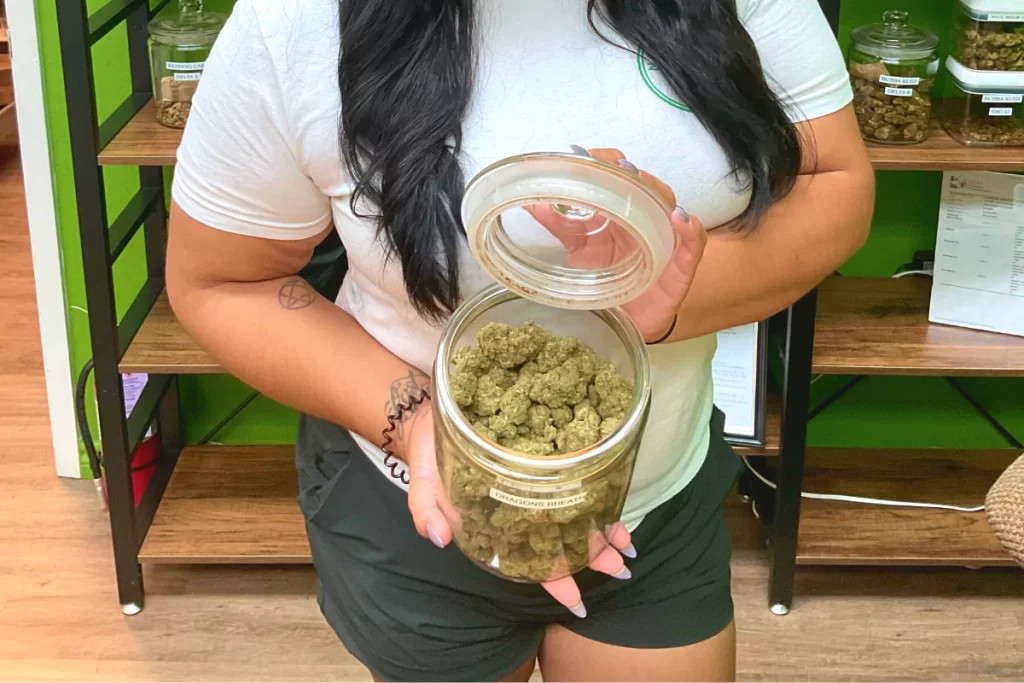Cannabis is a complex plant with numerous compounds contributing to its effects and therapeutic potential. Among these compounds, THCA tetrahydrocannabinolic acid and THC tetrahydrocannabinol are two of the most notable. While they are closely related, their properties and effects are quite distinct, making it important to understand the differences between THCA flower and THC, and their respective benefits.
Chemical Composition and Conversion
THCA is a non-psychoactive cannabinoid found in raw and live cannabis. It is the precursor to THC, which is the psychoactive component responsible for the high associated with cannabis use. THCA converts into THC through a process called decarboxylation, which occurs when cannabis is exposed to heat, such as during smoking, vaping, or cooking. This process removes a carboxyl group from the THCA molecule, transforming it into THC and activating its psychoactive properties.

Psychoactive Effects
One of the primary differences between THCA and THC is their psychoactive effects. THCA, in its raw form, does not produce the high that THC does. This makes thca flower an appealing option for individuals seeking the potential therapeutic benefits of cannabis without the psychoactive effects. Consuming raw cannabis, such as in juices or smoothies, allows users to experience the benefits of THCA without feeling intoxicated.
Therapeutic Benefits
Both THCA and THC offer a range of therapeutic benefits, but they do so in different ways. THCA is known for its anti-inflammatory, neuroprotective, and anti-emetic properties. Research suggests that it may be beneficial in treating conditions such as arthritis, neurodegenerative diseases, and nausea. Additionally, THCA has shown promise in modulating the immune system and reducing pain.
On the other hand, THC is widely recognized for its analgesic, anti-nausea, and appetite-stimulating effects. It is commonly used to alleviate pain, reduce nausea and vomiting particularly in chemotherapy patients, and stimulate appetite in individuals with conditions such as AIDS or cancer. THC also has muscle relaxant properties, making it useful for treating muscle spasms and spasticity in conditions like multiple sclerosis.
Methods of Consumption
The method of consumption plays a significant role in determining whether a user experiences the effects of THCA or THC. Raw cannabis consumption methods, such as juicing or adding raw cannabis leaves to salads, preserve THCA and allow users to benefit from its therapeutic properties without psychoactive effects. However, to experience the effects of THC, cannabis must be heated through smoking, vaping, or cooking, which converts THCA into THC.
Legality and Availability
The legal status of THCA and THC can vary depending on jurisdiction. In many places, THC is regulated due to its psychoactive effects, while THCA may not be subject to the same restrictions. This can influence the availability of THCA flower versus THC-containing products. As cannabis laws continue to evolve, it is important for consumers to stay informed about the regulations in their area.